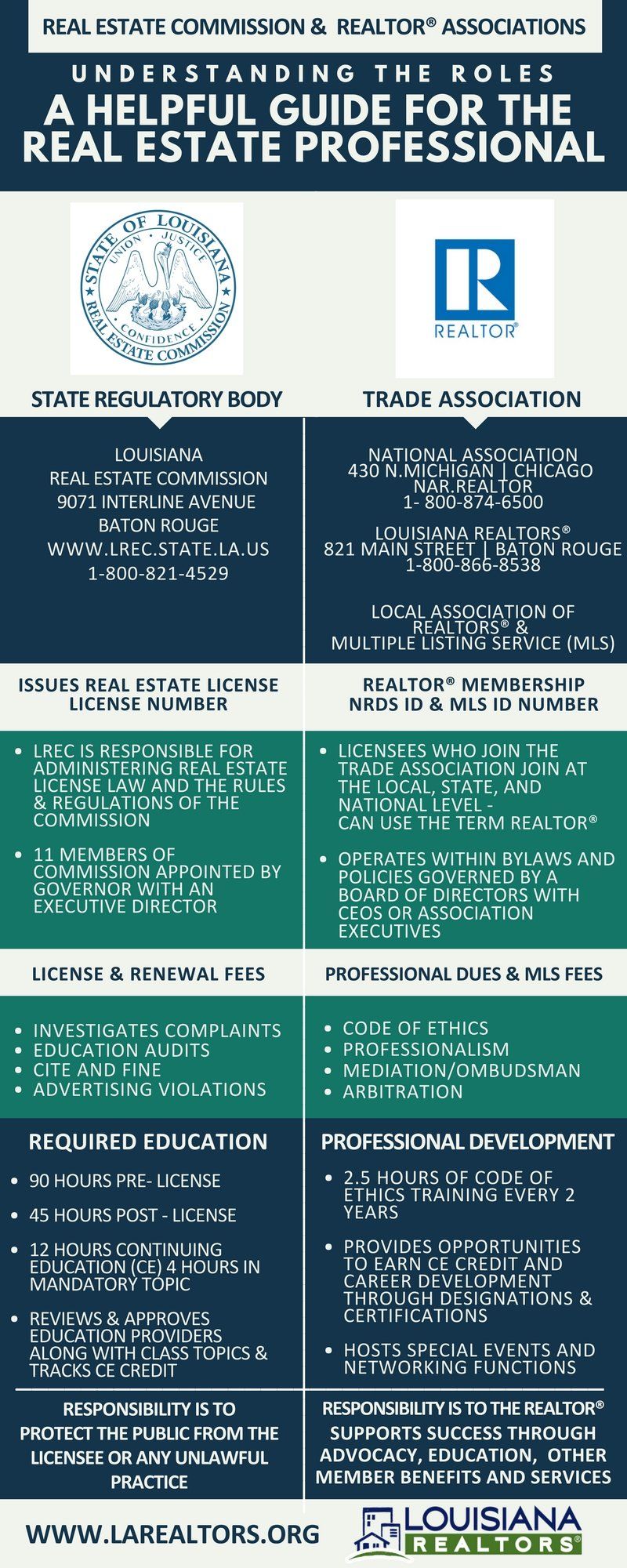
There are many paths to becoming a licensed real property appraiser. Understanding how appraisals work and how to apply for a license in your state are the first steps.
How to Get an Appraisal Licence
A license to appraise real estate properties requires that you have completed education and gained work experience. A few states also require that you pass an exam to obtain your license. This requires dedication and hardwork. You should prepare for your exam.
How to be an appraiser trainee
To become an appraiser trainee, you must take an introductory course in real estate valuation and find a certified appraiser to mentor you through your apprenticeship. This person will be your mentor and help you document all work. Once you have successfully completed your coursework and located your supervisor, it is time to start your 1000 hours of work experience.

How to become a licensed residential appraiser
The Licensed Residential Appraiser license requires that you have at the very least an associate degree or completed college-level courses. In addition, you need at least two years' acceptable appraisal experience. You can take the courses online or at school.
How to become an accredited residential appraiser
For a licensed residential appraiser license you will need to have an associate or bachelor's from an accredited college. You can choose to specialize or not in residential property. To be able appraise larger, more valuable properties, however you will need to upgrade the license.
How to become a general appraiser
To gain a certified general appraiser license, you must have at least one year of experience as a licensed residential appraiser and pass an exam. The exam tests your knowledge and ability to practice real estate appraisal theory. You may also choose to focus your attention on commercial or mixed use properties. These properties are usually more complex than residential.
How to be a Real Estate Appraiser
A licensed real-estate appraiser can either work for another company or start a business. This can help you earn a higher income and make it easier to find clients.

How to Become a Fee-Based Appraiser
Most likely, an appraiser will work on a flat fee basis. That means you don't earn a salary but rely on the clients you secure. Local real estate agents can refer you to work.
How to become an independent appraiser
You will need to work from home if you plan to be a licensed appraiser. This can be difficult at the beginning, but eventually it will lead to greater independence as well as a more lucrative career.
FAQ
How can I get rid of termites & other pests?
Over time, termites and other pests can take over your home. They can cause severe damage to wooden structures, such as decks and furniture. It is important to have your home inspected by a professional pest control firm to prevent this.
Do I require flood insurance?
Flood Insurance protects you from flooding damage. Flood insurance can protect your belongings as well as your mortgage payments. Learn more about flood insurance here.
How many times may I refinance my home mortgage?
It all depends on whether your mortgage broker or another lender is involved in the refinance. You can refinance in either of these cases once every five-year.
Statistics
- When it came to buying a home in 2015, experts predicted that mortgage rates would surpass five percent, yet interest rates remained below four percent. (fortunebuilders.com)
- This seems to be a more popular trend as the U.S. Census Bureau reports the homeownership rate was around 65% last year. (fortunebuilders.com)
- Based on your credit scores and other financial details, your lender offers you a 3.5% interest rate on loan. (investopedia.com)
- The FHA sets its desirable debt-to-income ratio at 43%. (fortunebuilders.com)
- Some experts hypothesize that rates will hit five percent by the second half of 2018, but there has been no official confirmation one way or the other. (fortunebuilders.com)
External Links
How To
How to Manage a Property Rental
It can be a great way for you to make extra income, but there are many things to consider before you rent your house. This article will help you decide whether you want to rent your house and provide tips for managing a rental property.
Here are some things you should know if you're thinking of renting your house.
-
What are the first things I should consider? Before you decide if your house should be rented out, you need to examine your finances. If you have outstanding debts like credit card bills or mortgage payment, you may find it difficult to pay someone else to stay in your home while that you're gone. Also, you should review your budget to see if there is enough money to pay your monthly expenses (rent and utilities, insurance, etc. It may not be worth it.
-
What is the cost of renting my house? There are many factors that go into the calculation of how much you can charge to let your home. These factors include your location, the size of your home, its condition, and the season. You should remember that prices are subject to change depending on where they live. Therefore, you won't get the same rate for every place. Rightmove reports that the average monthly market price to rent a one-bedroom flat is around PS1,400. This means that your home would be worth around PS2,800 per annum if it was rented out completely. It's not bad but if your property is only let out part-time, it could be significantly lower.
-
Is this worth it? It's always risky to try something new. But if it gives you extra income, why not? It is important to understand your rights and responsibilities before signing anything. Renting your home won't just mean spending more time away from your family; you'll also need to keep up with maintenance costs, pay for repairs and keep the place clean. Before you sign up, make sure to thoroughly consider all of these points.
-
What are the benefits? You now know the costs of renting out your house and feel confident in its value. Now, think about the benefits. There are many reasons to rent your home. You can use it to pay off debt, buy a holiday, save for a rainy-day, or simply to have a break. No matter what your choice, renting is likely to be more rewarding than working every single day. Renting could be a full-time career if you plan properly.
-
How do I find tenants Once you've made the decision that you want your property to be rented out, you must advertise it correctly. Online listing sites such as Rightmove, Zoopla, and Zoopla are good options. Once you receive contact from potential tenants, it's time to set up an interview. This will help you assess their suitability and ensure they're financially stable enough to move into your home.
-
How can I make sure that I'm protected? If you fear that your home will be left empty, you need to ensure your home is protected against theft, damage, or fire. In order to protect your home, you will need to either insure it through your landlord or directly with an insured. Your landlord will often require you to add them to your policy as an additional insured. This means that they'll pay for damages to your property while you're not there. This doesn't apply to if you live abroad or if the landlord isn’t registered with UK insurances. In these cases, you'll need an international insurer to register.
-
Sometimes it can feel as though you don’t have the money to spend all day looking at tenants, especially if there are no other jobs. However, it is important that you advertise your property in the best way possible. Make sure you have a professional looking website. Also, make sure to post your ads online. A complete application form will be required and references must be provided. Some prefer to do it all themselves. Others hire agents to help with the paperwork. Either way, you'll need to be prepared to answer questions during interviews.
-
What should I do after I have found my tenant? If you have a lease in place, you'll need to inform your tenant of changes, such as moving dates. You can negotiate details such as the deposit and length of stay. While you might get paid when the tenancy is over, utilities are still a cost that must be paid.
-
How do I collect rent? When it comes time for you to collect your rent, check to see if the tenant has paid. If your tenant has not paid, you will need to remind them. After sending them a final statement, you can deduct any outstanding rent payments. If you're having difficulty getting hold of your tenant you can always call police. If there is a breach of contract they won't usually evict the tenant, but they can issue an arrest warrant.
-
What can I do to avoid problems? Renting out your house can make you a lot of money, but it's also important to stay safe. You should install smoke alarms and carbon Monoxide detectors. Security cameras are also a good idea. Make sure your neighbors have given you permission to leave your property unlocked overnight and that you have enough insurance. You should never allow strangers into your home, no matter how they claim to be moving in.